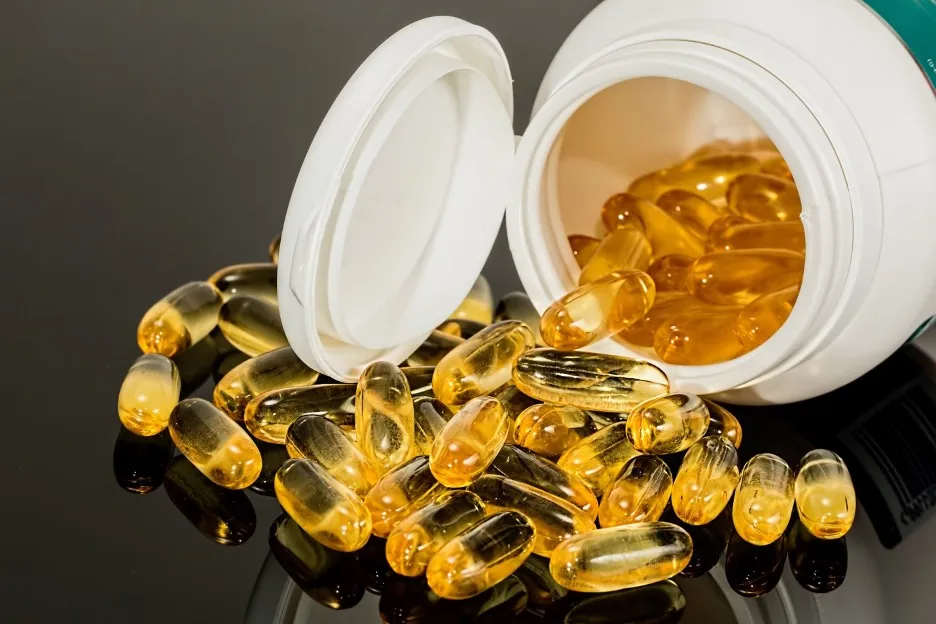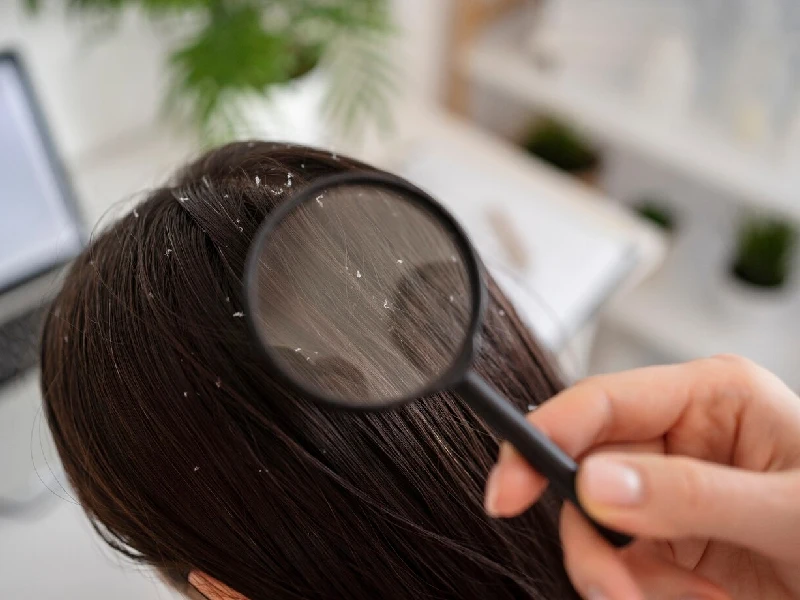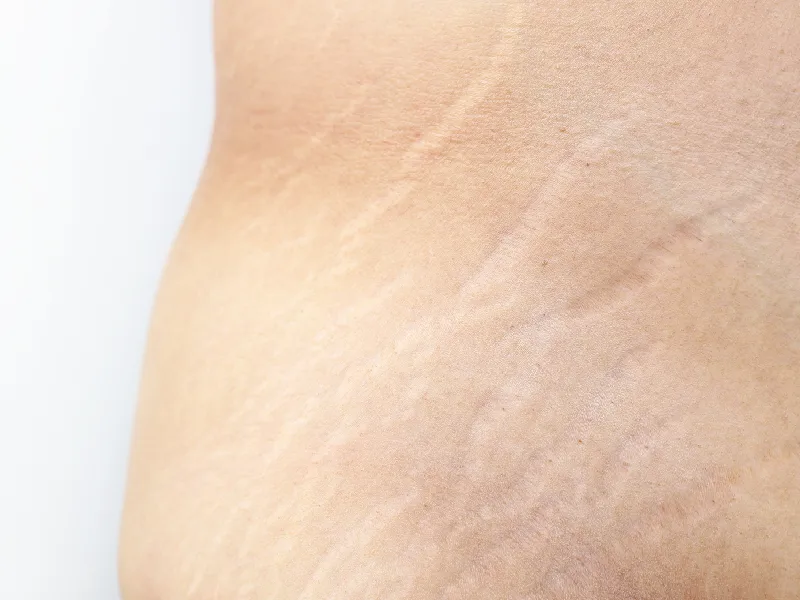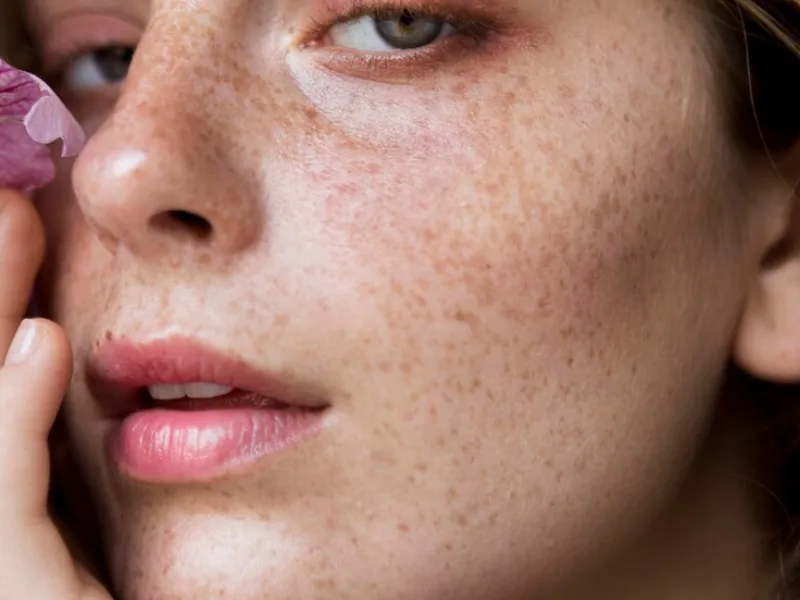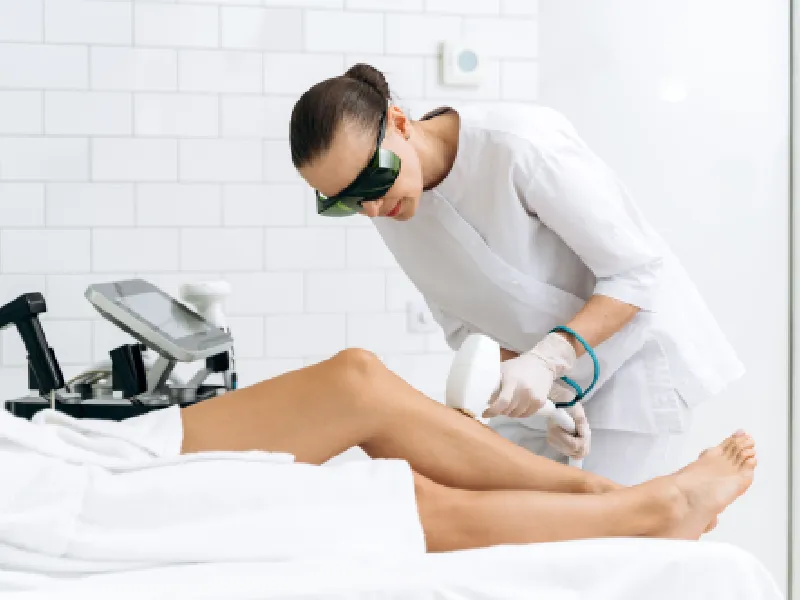- Date: Feb 16 2023
Biotin: Uses, Health Benefits, Sources, and Side Effects
Vitamin B7 is popularly known as biotin. It is found in natural foods and sold as supplements. Many people consume biotin supplements, with or without consulting a doctor. However, excess biotin can lead to certain side effects and is not recommended.
In this short read find out what biotin does and how it is beneficial for the human body. Let’s also look at the dosage and natural sources of vitamin B7.
What is Biotin?
Biotin, or vitamin B7, is a vital part of the enzymes that break down body fats, protein, and carbohydrates in the body. It regulates the activity of genes and the signals sent by cells. Biotin deficiency can lead to brittle nails, hair thinning, and other health conditions.
Regulating biotin intake can help, though it is not yet proven if biotin can be used to treat medical conditions. Biotin is not a medicine but a health supplement that can improve how your body handles proteins and fats. Do not consider it to be a drug to cure a disease or condition.
Other names of biotin are biotina, biotine-D, vitamin H, Coenzyme R, W Factor, and Cis-hexahydro-2-oxo-1H-thieno[3,4-d]-imidazole-4-valeric acid.
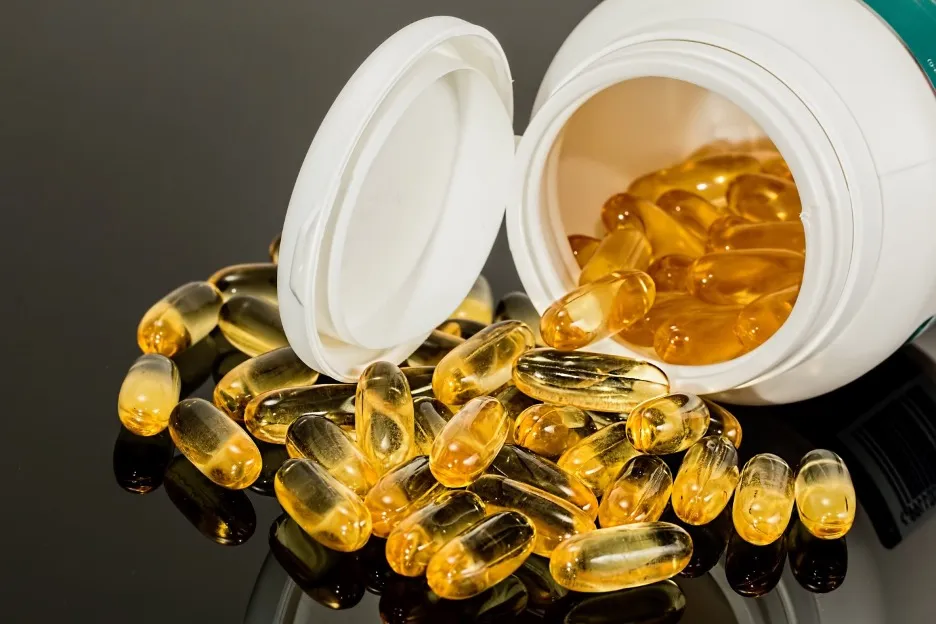 Precautions When Taking Biotin Supplements
Precautions When Taking Biotin Supplements
Similar to medical drugs and other health supplements, biotin is effective only when taken in moderation or in the quantities necessary for your body. Since it is a supplement, it can be sold with proper regulatory standards. Always buy biotin supplements from reputed manufacturers to avoid consuming toxic chemicals with the vitamin.
Some people can be allergic to biotin and have an adverse reaction when they consume the supplements. It is strongly recommended to consult a doctor before starting on biotin supplements.
Take the following precautions to avoid side effects and other complications:
- Do not go beyond the recommended dosage per day
- Do not feed biotin supplements to children without taking a doctor’s advice
- Consult a doctor if you are pregnant or nursing
- Biotin supplements can lead to incorrect lab test reports (inform your doctor in advance)
- Up to 0.6% of biotin is considered safe when used as a topical application on the skin
Dosage and Need for Biotin Supplements
All health supplements should be consumed as per RDA (Recommended Dietary Allowance) guidelines. However, there are no specifications for biotin. That said, biotin dosage is limited using AI (Adequate Intake) calculation. Men and women aged 19 or older can take up to 30 mg (micrograms) of biotin per day. This is increased to 35 mg for lactating women but strictly under the doctor’s supervision.
- Adults
Most people can take up to 300 mg of biotin supplements every day for six months. High amounts of biotin should not be consumed continuously for long durations.
- Children
Children don’t usually need biotin supplements. It is recommended to include natural foods with biotin in their diet. That said, they should be given no more than 25 mg of oral supplements that too, only with a doctor’s supervision.
- Health Conditions
People who smoke and those undergoing kidney dialysis will have lower levels of biotin and can benefit from supplements. The recommended dosage will be calculated by the doctor. People with Biotinidase Deficiency (a medical condition where the body cannot process biotin) also require supplements to ensure that they get the necessary amount of vitamin B7 per day.
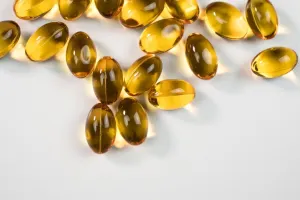 Signs of Biotin Deficiency
Signs of Biotin Deficiency
Biotin deficiency is not very common, though there is a drastic increase in the consumption of oral supplements. That said, lifestyle and food habits can result in biotin deficiency. For example, alcoholism can lead to biotin deficiency as alcohol prevents the body from absorbing the necessary nutrients. Poor food intake can also cause vitamin B7 deficiency.
Reports show that one-third of pregnant women might suffer from biotin deficiency even after consuming the necessary quantities of the vitamin. However, pregnant women should take biotin supplements only if recommended by the doctor.
Some signs of biotin deficiency are as follows:
- Thinning of hair
- Brittle and weak nails
- Rapid weight loss
- Malnutrition
- Scales and rashes around the eyes, nose, and mouth
Benefits and Uses of Biotin
- Hair, Skin, and Nail Health
Small trials and studies show that biotin can promote hair, skin, and nail health. However, there isn’t enough information about hair conditions and other treatments used. Despite this lack of concrete information, biotin supplements are highly popular in the consumer market. Biotin is beneficial though the extent of benefits of adding supplements to the diet is yet to be proved. The results are more likely to change based on individual health and lifestyle conditions.
- Manage Diabetes
Research and animal studies show that biotin supplements can help regulate glucose levels in people with Type-2 diabetes. Another animal study suggests that biotin can prevent kidney damage caused by insulin in people with type-1 diabetes. More research is required in this area.
- Prenatal Care
Pregnant women are prescribed prenatal vitamins that contain folic acid and biotin to ensure they don’t suffer from biotin deficiency. Additional supplements should not be consumed as high doses of biotin can be harmful to the unborn baby. An adequate amount of vitamin B7 helps in fetal development.
Side Effects
Biotin is a water-soluble vitamin. Excess amounts will pass from the body through urine. While most people can handle biotin supplements, some might show signs of side effects like nausea and digestive problems.
There are no reports yet to show that excess biotin can be toxic to the human body. Doctors still don’t recommend taking more than the necessary quantity of biotin supplements.
Natural Sources of Biotin
- Eggs (not raw)*
- Avocados
- Nuts and seeds (almonds, walnuts, pecan nuts, peanuts)
- Beef liver and organ meat
- Pork
- Salmon
- Sweet potato
- Nut butter (preferably homemade to avoid contamination)
- Bananas
- Mushrooms
- Cauliflower
- Whole grains and other cereals
- Soybeans and legumes
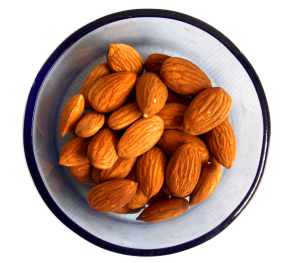 *Consuming raw eggs (directly or in mayonnaise) can prevent biotin absorption by the body as they release avidin, which binds to biotin. Avidin is broken down when eggs are heated and won’t bind to biotin. Cooked eggs can be consumed without worry.
*Consuming raw eggs (directly or in mayonnaise) can prevent biotin absorption by the body as they release avidin, which binds to biotin. Avidin is broken down when eggs are heated and won’t bind to biotin. Cooked eggs can be consumed without worry.
There aren’t yet enough reports to confirm that biotin supplements are necessary for healthy hair, skin, or nails. However, you should consume a healthy diet and have an active lifestyle to lead happy lives.
Talk to a dermatologist to determine if you need biotin supplements for your skin and hair conditions. Book an appointment at Mehektagul Dermaclinic for direct consultation with a senior dermatologist. Get a complete skin checkup and recommendations for healthy hair, skin, and nails.

K-105, Basement, Hauz Khas Enclave, New Delhi -110016














